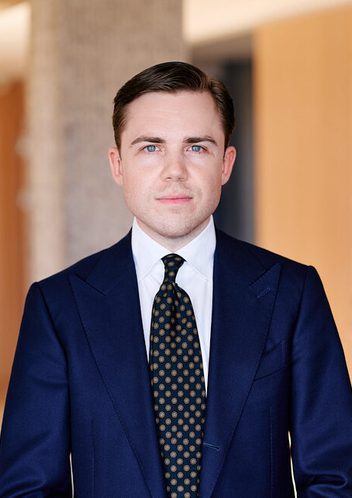
Victor Elovsson
Senior Lawyer
Stockholm
Newsletter
by Felicia Johansson, Victor Elovsson and Ebba Perman Borg
Published:
In May 2022, the Swedish Government constituted a committee with the objective of investigating the so-called 3:12 rules regarding dividends and capital gains on shares in close companies (Sw. fåmansbolag). The objective was to identify ways to simplify the rules. On 3 July 2024, the review (SOU 2024:36) was published, containing several proposals for simplifications and improvements to the current regulations.
The rules on the taxation of close companies were introduced in connection with the 1990/91 tax reform with the aim of discouraging income conversion. Since their inception, the rules have undergone several amendments, including the introduction of the simplification rule (Sw. förenklingsregeln) in the 2006 reform, and the introduction of a capital share requirement and a limitation on the salary-based flexibility to a maximum of 50 times the cash remuneration of the company or a related party per year in 2014. The 3:12 rules also work to encourage business and entrepreneurial activity.
The rules comprise two distinct categories: calculation rules and qualification rules. The former determine whether the income is taxed as salary income or capital income, while the latter specify which partners are subject to the special tax rules. The committee's objective has been to examine the potential for simplifying the 3:12 rules and to explore the possibility of modifying the rules in a way that would further encourage entrepreneurship, particularly among small and medium-sized enterprises.
In its report, the committee proposes a new model for calculating the threshold amount. This implies that the current simplification rule and main rule are merged into a single rule. Furthermore, the standard amount per company is proposed to be increased, the salary withdrawal requirement and capital share requirement are to be abolished and replaced by a standardised salary deduction, and all partners in close companies who employ staff will be able to take into account salary data in the company.
The purpose of the proposed changes is to implement more straightforward and uniform calculation rules, facilitate automation, and benefit companies that hire personnel.
The committee proposes that the current two maximum amounts for dividends and capital gains to be taxed at progressive tax rates are merged into a single maximum amount corresponding to 90 income base amounts, which will apply to the tax year and the two preceding tax years.
The committee further proposes a narrower concept of related parties in the context of the rules on close companies. This implies that siblings will no longer be considered related parties for the purposes of the rules. The purpose is to make the rules more predictable by reducing the number of related parties to be considered in comparison to the current regulations.
The proposal reduces the duration of several time limits by one year (from five to four years), which affects assessments in most parts of the regulatory framework. Furthermore, it is proposed that the requirement of 30% outside ownership in the third-party rule be codified in the legal text.
In accordance with the committee's proposal, the new regulations are scheduled to take effect on 1 January 2026. The committee's proposal will now be prepared in the Government Offices.
